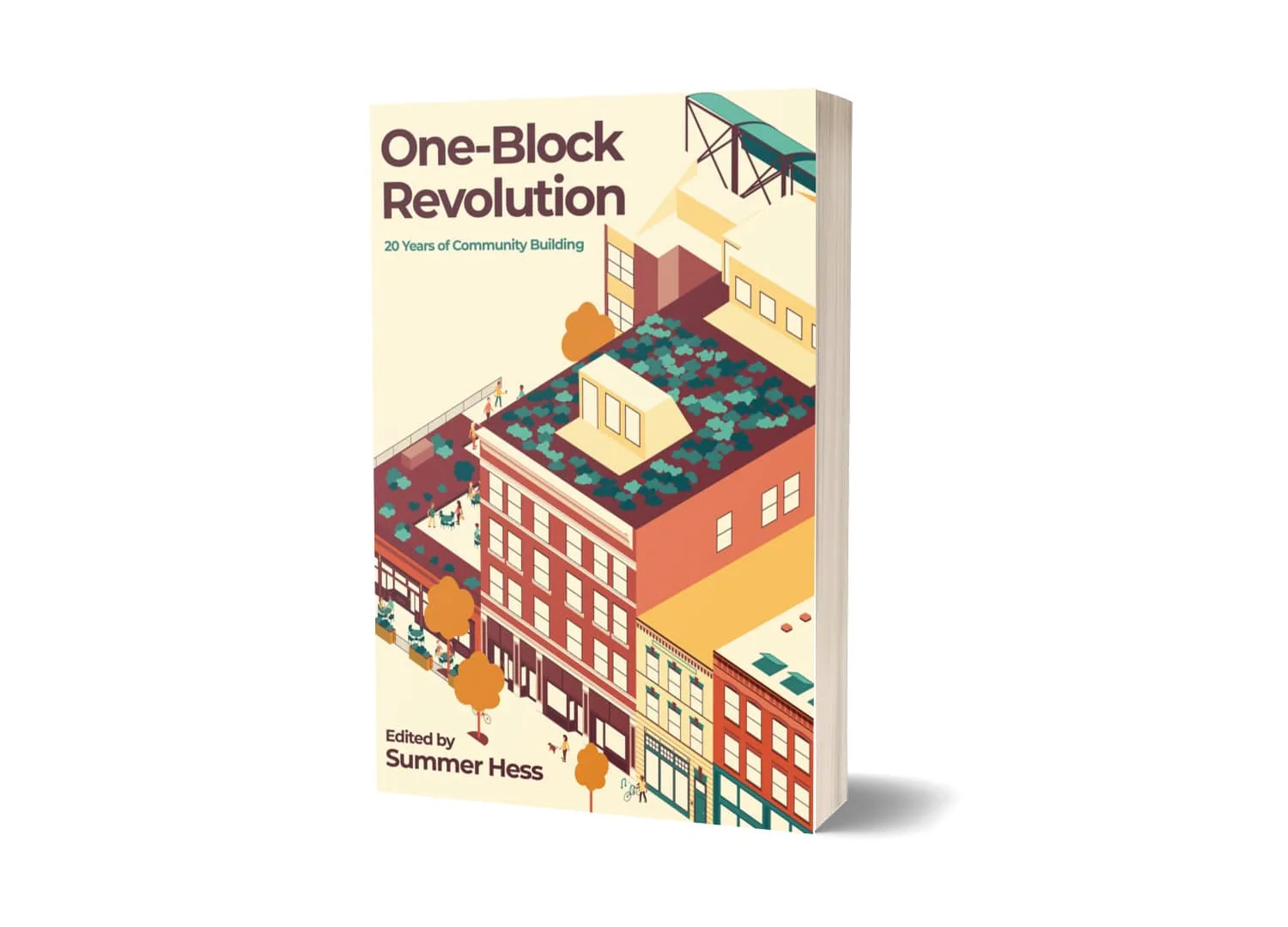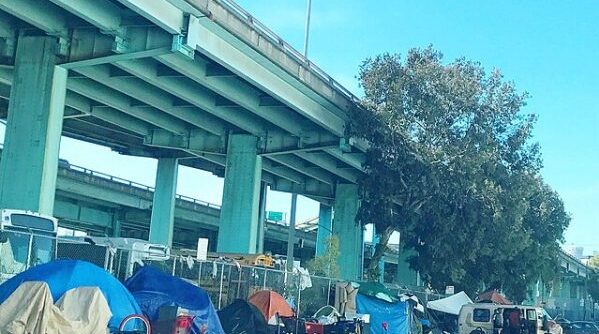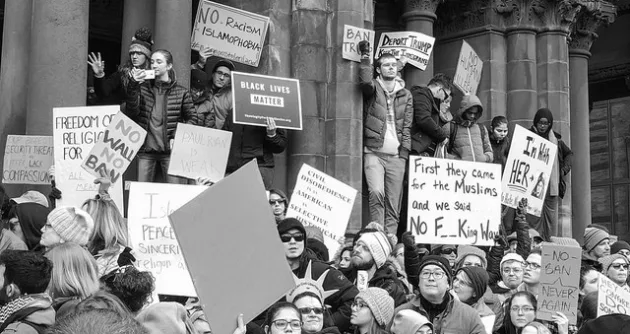Spokane, Washington: 20 Years of Community Building
CELDF’s Kai Huschke was centrally involved in the first-in-the-nation Community Bill of Rights and Worker Bill of Rights, which both originated in Spokane. His chapter for the new Latah book One-Block Revolution: 20 Years of Community Building (218-pages) details the community building behind the efforts.
“Our conversations,” he writes, “focused on the growing disparity between the haves and the have-nots, a 2,000+ unit shortage of affordable low-income housing, local government favoring big box stores over local businesses, residents unable to determine the future of their neighborhoods, and a river on life support. These were just a few of the reasons why people saw the need to take greater control of the democratic process and to be more directly involved in making the laws that shaped their ability to make decisions in their communities.”
A near win by the coalition led to a brutal backlash from the Washington State Supreme Court. “In February 2016,” he writes, “the court ruled unanimously that local initiatives may be challenged before being voted on if it looks like the proposed laws might be in conflict with existing law. That decision not only killed the Spokane Community Bill of Rights, but it has put future local initiatives, no matter where in the state, on notice that unless what you are proposing is within the status quo, then the proposed law may never be voted on.”
Nonetheless, “I believe,” writes Kai, “that putting the Community Bill of Rights in front of the people on several occasions helped aspects of the campaign to sprout in other ways. For example, the Responsible Bidder Ordinance was adopted by the City of Spokane in 2018 to protect workers and their interests during the bidding process over city contracts. Envision Spokane helped lay the groundwork for this ordinance by posing bigger questions about important labor protections in its campaigns. The city also adopted a broader neighborhood notification system for development. While this is not the same as securing greater decision-making power, now the whole neighborhood is notified of potential development projects instead of just the adjacent property owners.”
According to the publisher, the book “honors the chorus of diverse changemakers who show up every day to build their community.”
“Over the past two decades I have had a front row seat to watch the transformation of the Community Building Campus and to witness the ripples of positive impacts it has created. This book perfectly captures the long arc of local, grassroots, community-led change sparked by the Community Building, which has helped to make Spokane and Washington State a more just and equitable place for all.”
Senator Andy Billig, Washington State Senate Majority Leader



